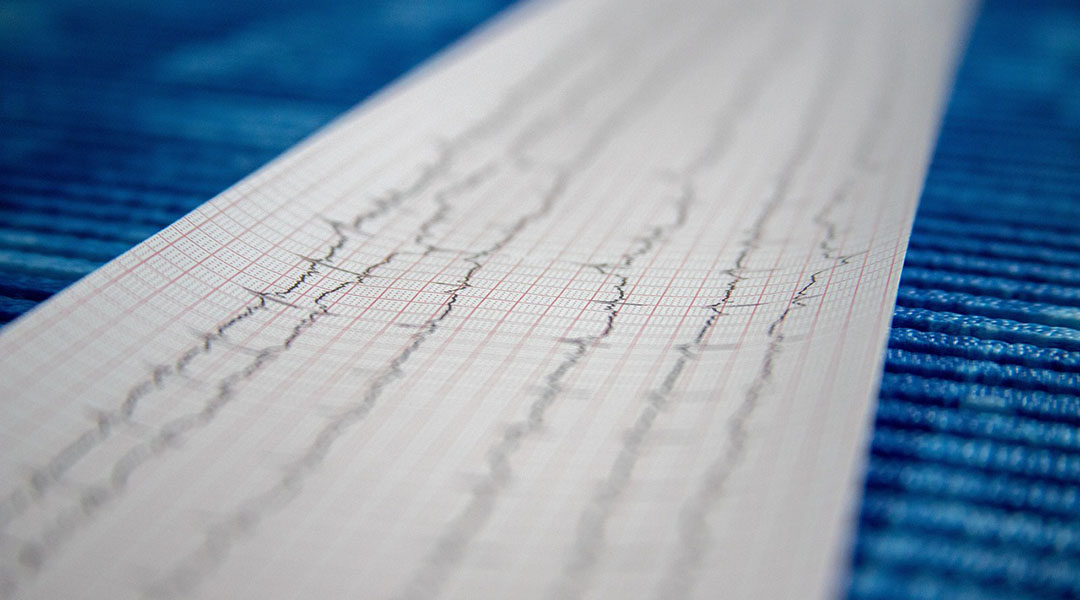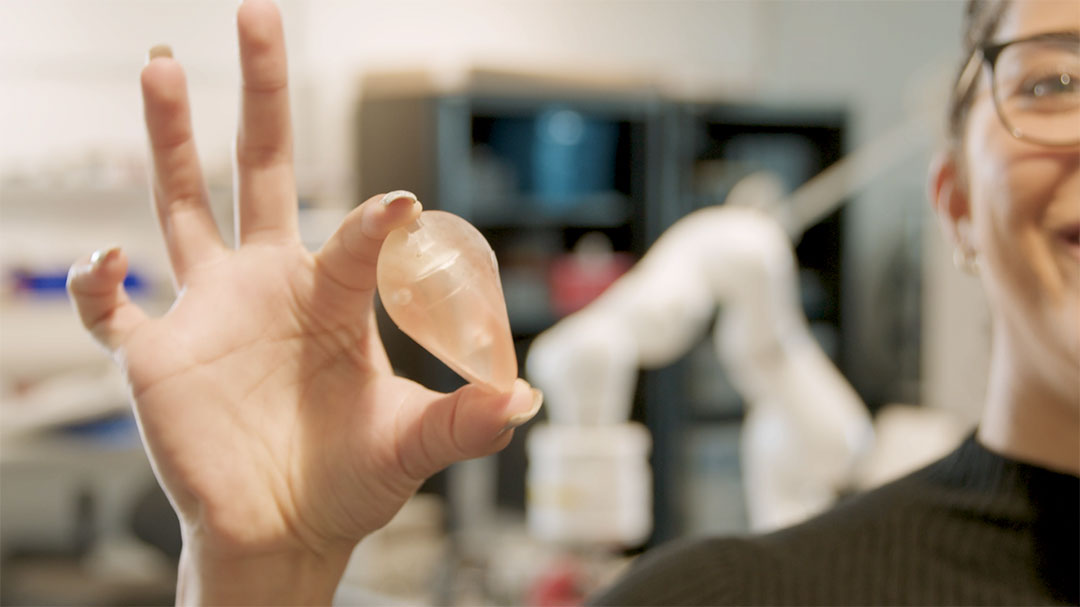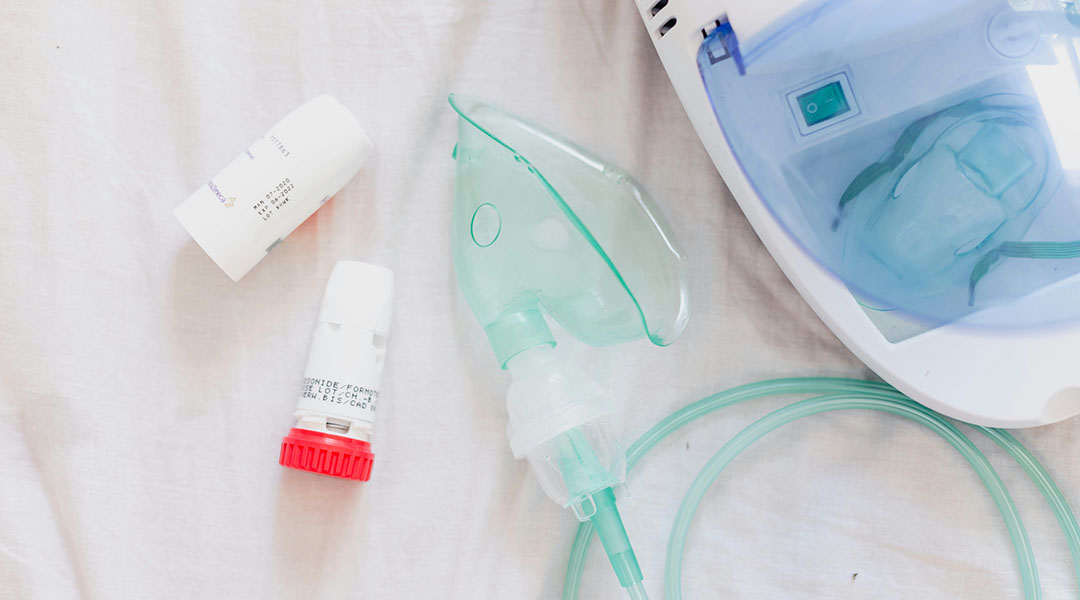Making solar panels on the Moon could be the solution to reliably providing energy to lunar settlements.



Making solar panels on the Moon could be the solution to reliably providing energy to lunar settlements.

Smaller than a grain of rice, the pacemaker is designed with temporary interventions in mind.

A bacterium found in a backyard could offer new hope in the fight against antibiotic resistance.

A robot with a unique shape could make it possible to perform ultrasound scans deep within the gut, helping doctors diagnose colorectal cancer.

Scientists in Finland have developed a method that can achieve a tenfold increase in pesticide retention on farmed crops.

Chemicals found in fire extinguishers have been linked to mutations in brain tumors of firefighters.

Computer simulations show that water likely appeared in the Universe much earlier than previously thought.

Based on the same mRNA vaccine against COVID-19, a new prototype has shown potential to treat asthma, a condition with no known cure.

Maternal exercise during pregnancy enables multiple generations of mice to inherit enhanced fitness, with vitamin C playing a key role.

Ammonia fertilizer could be produced underground, using Earth’s natural heat to significantly reduce the industry’s carbon footprint.